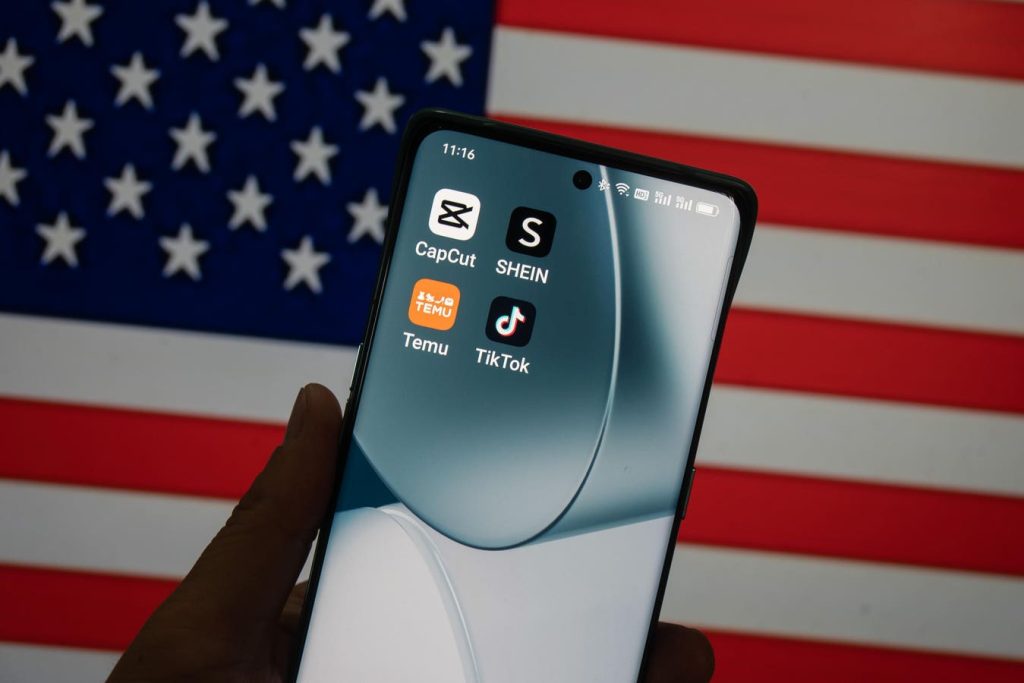A controversial law signed by President Joe Biden in April has sparked concerns about the potential nationwide ban of popular apps like TikTok and its parent company ByteDance, including AI video editing app CapCut. The Protecting Americans From Foreign Adversary Controlled Applications Act aims to address national security concerns about potential surveillance, data access, and influence by foreign-owned apps, leading to fears that other ByteDance apps like CapCut could also be banned.
CapCut, a video editing platform similar to iMovie, is widely popular in the U.S. and around the world, with half a billion users globally. Despite not receiving the same level of attention as TikTok, CapCut has become an essential part of American internet culture, with significant consumer spending on subscriptions and editing features. The app has steadily climbed the ranks of app stores and is a key player in viral content creation both on and off TikTok.
Despite its popularity, CapCut is facing criticism for its data collection practices and oversight by ByteDance in China. A class action lawsuit alleges that the app has illegally collected and profited off sensitive user data without adequate disclosure, raising concerns about privacy and security. With no separate U.S. entity overseeing CapCut, questions remain about the handling of biometric and location data by the company and its ties to the Chinese government.
Lawmakers have expressed concerns about potential security risks posed by ByteDance apps, including CapCut, but the app has largely escaped scrutiny compared to TikTok. The government’s divestiture bill could lead to the ban of all ByteDance apps in the U.S., prompting challenges from the company on the grounds of overreach and lack of evidence regarding national security threats. The debate highlights the broader implications of digital regulation and the potential for diplomatic tensions with other countries.
Former White House cyber office director Rex Booth believes that while there may be some risks associated with CapCut in terms of data privacy, the app’s social media capabilities are less concerning compared to TikTok. The government’s arguments for banning TikTok have been criticized as weak, with concerns about unforeseen consequences and potential backlash from other countries. The debate underscores the complex challenges of balancing national security, digital innovation, and diplomatic relations in the global tech landscape.


